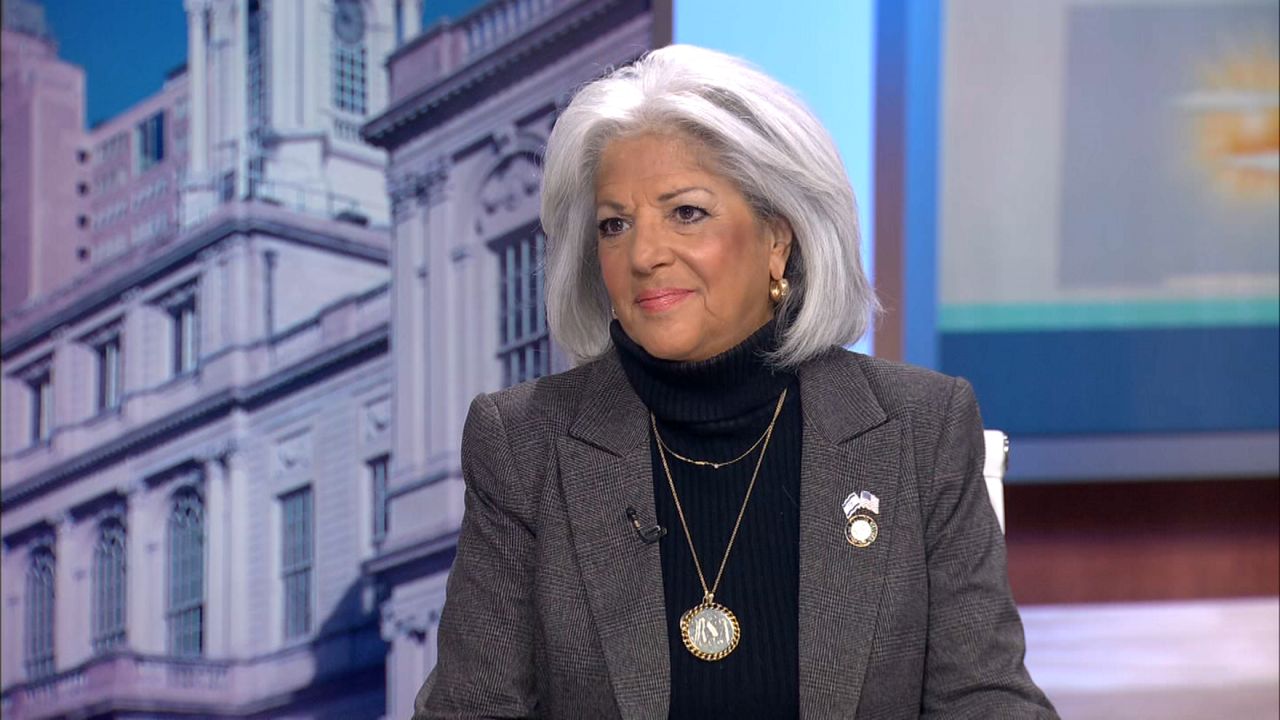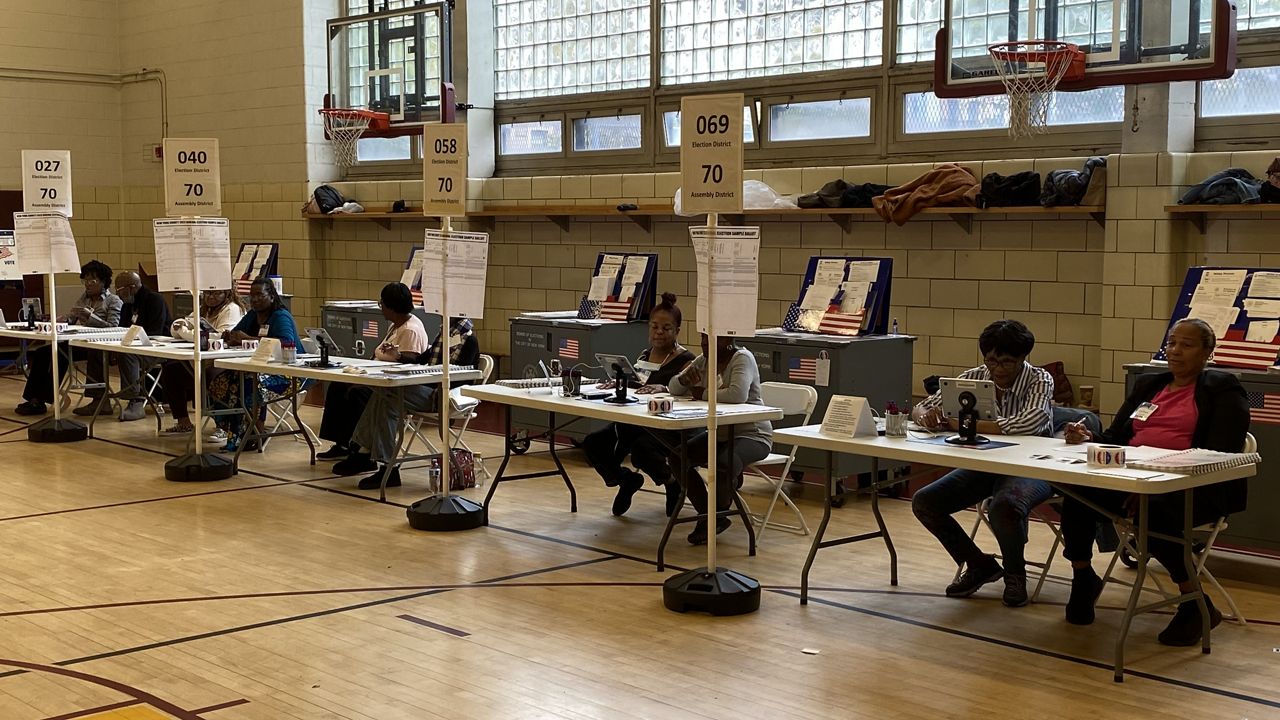In New York state, there are certain limits on government borrowing. One such cap, enshrined in the state constitution, applies only to school districts in small cities.
A proposal on this year’s ballot would remove that debt limit in order to create a level playing field.
“It’s a fundamental issue of fairness and equity,” said Bob Breidenstein, the executive director of the New York State Association of Small City School Districts.
What You Need To Know
- Voters go to the polls Nov. 7 to vote on races for City Council, district attorney and a pair of state constitutional amendments
- The first question would remove the borrowing limit for school districts in small cities, defined as those with fewer than 125,000 residents
- The second question would continue to exempt sewage projects from the debt limits that apply to local governments
- Proposed constitutional amendments must be passed by Albany lawmakers in two consecutive sessions before the appear on the ballot
The current limit, which dates to the 1950s, applies only to cities with fewer than 125,000 residents. Those school districts can currently borrow just 5% of the total value of the city’s taxable property. In larger school districts, the cap is twice that.
“Their debt limit is 10% and small cities is five percent,” Breidenstein said. “And that means projects have to be extended over a lengthy period of time, which impacts construction. It disrupts learning in schools because of construction.”
It’s one of two ballot questions that voters will find when they flip over their ballots. While the first question has little to do with New York City, any constitutional amendment must be put to voters statewide, and advocates say everyone is invested in equitable education.
“It allows every child in the state to have the equal footing for their education for the 21st century,” Breidenstein said. “A well-educated school setting benefits all of New York state.”
The second ballot question also has to do with government debt. It makes it easier to construct or repair sewage facilities by exempting those projects from the overall debt limits that apply to local governments.
The sewage exception is already in place. It was first passed in 1963, but must be extended every 10 years.
The state’s Conservative Party is perhaps the only group opposing the measures. Chairman Jerry Kassar says that while school and sewage construction projects may be worthy, the problem is increased debt. He would prefer to see local governments cutting spending elsewhere.
“We believe this makes it too easy for elected officials to get around what is really the belief of the public that we need to better control spending,” Kassar said.
As with any constitutional amendment, the two measures were already passed by the state legislature in two consecutive sessions, and now require only the approval of voters.










